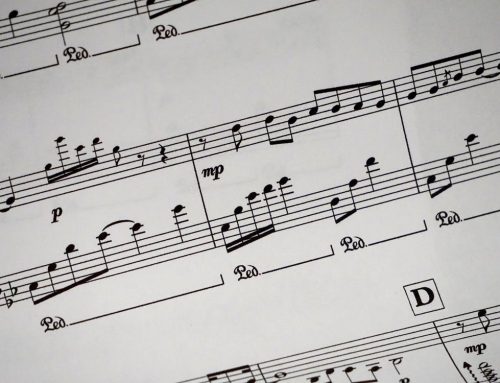Undeniably, composing can be quite the personal process. It requires a commitment in which you use your emotions and your state of mind to create a work of art.
While it’s true that the art of composition varies from person to person, there are certain tips that can be useful to all. Whether you are just starting out and trying your hand at it, or have been composing for years, you’ll find these tips will give you considerable insight into the process.
Consistency is Key
Like any other art form or skill, refining your capabilities requires consistent practice. Similarly, as a composer, it’s necessary that you take the time to write something on ideally a daily basis. It doesn’t have to be anything heavy-handed—just a little each day will do wonders for helping you enhance your abilities as a composer.
Leave Surprises for the End
If there is a part of your composition that you feel is the best section, leave it for the latter part of the piece. Don’t give away your hand right at the beginning!
Compose for Yourself
Write music for yourself—compose melodies you want to hear, not ones you think other people would like. If you focus too much on impressing others, your work will lack the authenticity that makes it uniquely yours.
Take Your Time
Don’t rush it. You’re creating a work of art, using your internal self as a source of inspiration. These kinds of things cannot be hurried along. You need to be relaxed in order to be able to tap into your creative resources.
The Right Environment
In relation to being relaxed, your environment has to be the right kind for your composition to take form. Free from distractions and stressors, composing alone is the ideal.
Break it Up
You don’t have to compose in one long, never-ending stretch. You can write your music in sections or measures, take a break, and then return to the next part.
Similarity Doesn’t Mean Unoriginality
Just because it’s similar to someone else’s more influential work doesn’t mean it isn’t original. We gain inspiration from the pieces that have come before us, so it’s completely okay for it to be similar as long as it isn’t plagiarism.
One thing that can greatly enhance the ease with which you compose your pieces is the use of a music composition and notation software.
Music Jotter is a highly convenient sheet music editor and notation software that offers simplistic features and a user-friendly layout. It gives you the ease of focusing on your work rather than getting swept up in technicalities. Contact us to get your free demo!






